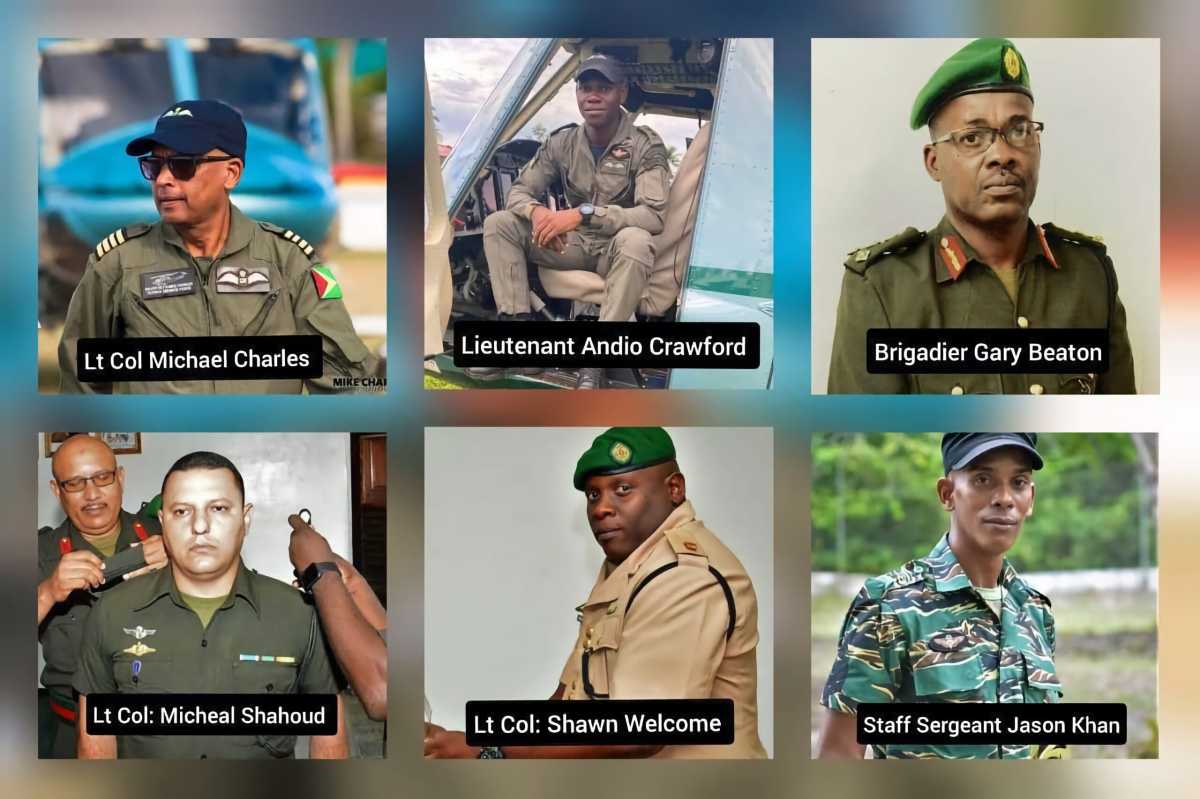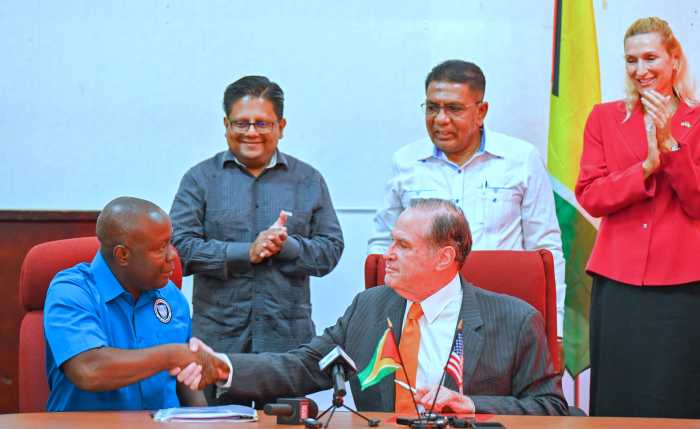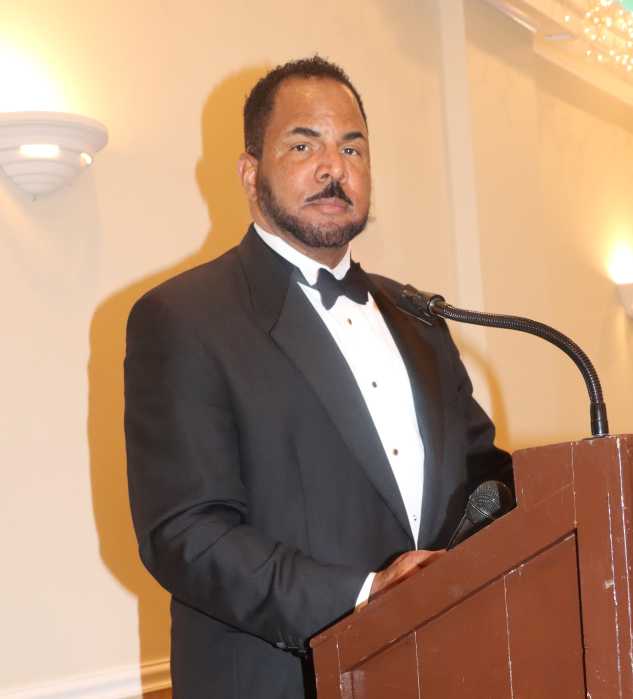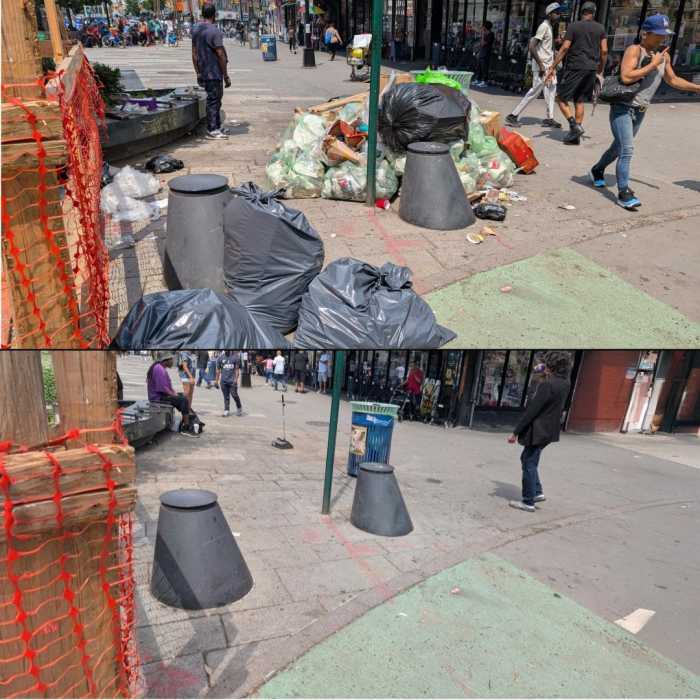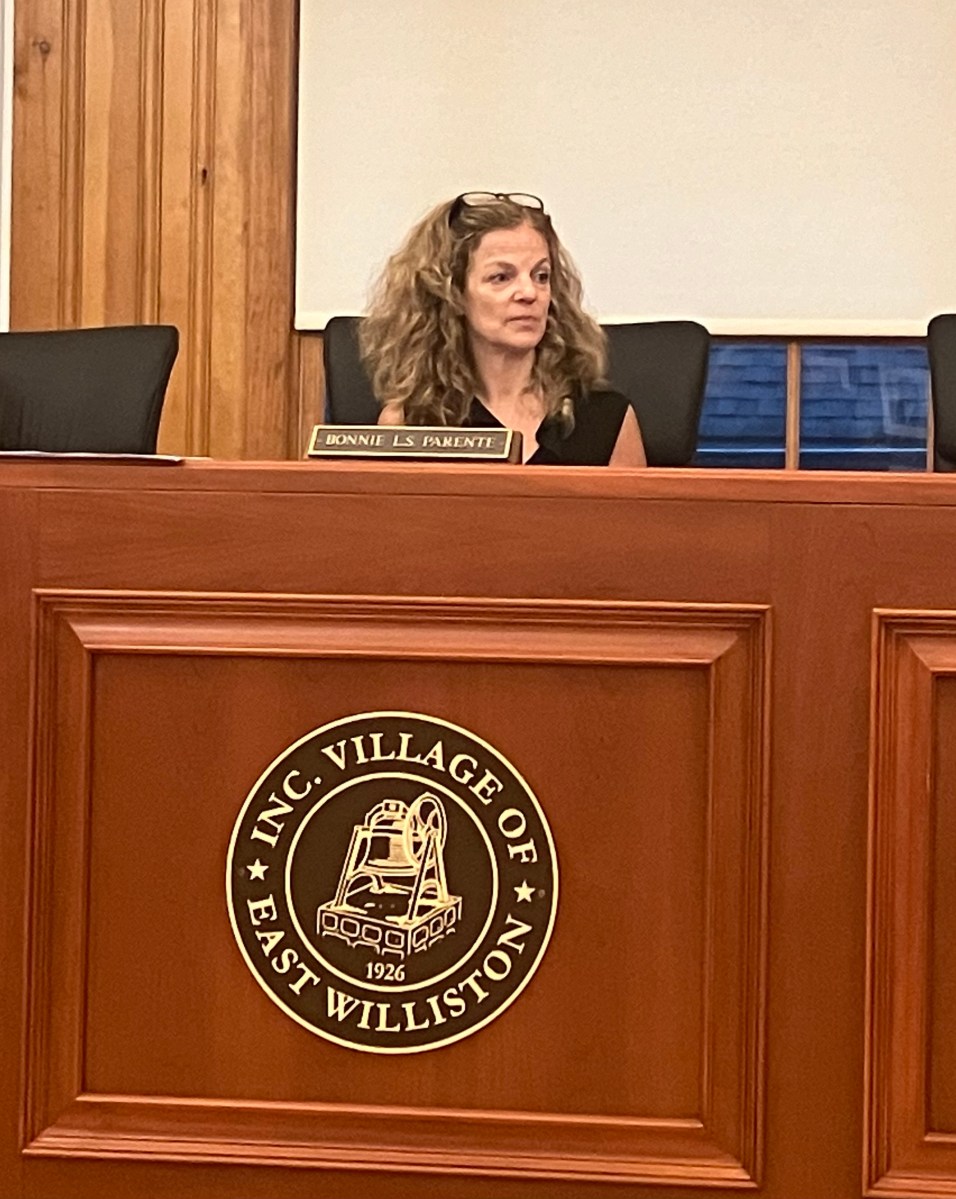Pilot error will more than likely be blamed for the horrific early December crash of a Guyana Defence Force helicopter in the jungles near Venezuela that killed five people, including a retired general, three colonels and a sergeant, officials said this week.
The Bell 412EP went down in bad weather about 30 miles from the western border with Venezuela while on assignment taking officers on inspection of troops who were at the height of alert because of threats of an invasion by Venezuela over Venezuela’s decades-old claim to a large swath of Guyanese territory. It was easily the single worst accident involving a military aircraft in Guyana’s history. The brand new chopper from Bell Corporation in Texas, was only put into service in early July. Experts have ruled out engine failure as a cause of the crash.
Speaking to this publication in recent weeks, three separate high-ranking Guyanese government officials all blamed pilot error as the main cause of the crash, saying that the cockpit crew, commanded by LT. Col. Mike Charles crashed in the jungles after choosing an alternative route to the regular air lane from the Olive Creek refuelling depot in the Mazaruni Region to the indigenous community of Arau when it slammed into high ground.
They all said that Charles and Co-Pilot Andio Crawford had chosen to follow the Mazaruni River using visual flight rules as much as they could have as the weather on the normal route was cloudy and rainy but they came upon high ground and had difficulty climbing out and away fast enough from the high ground when it crashed into a slope killing the five. Co-Pilot Crawford survived as well as the third crewman, Cpl. Dwanye Jackson. Initial reports were that Crawford had not been in the cockpit at the time but was at the back of the chopper with Jackson, but the sources adamantly disputed this, saying that his survival was simply a miracle.
Charles was a rotor wing pilot and veteran of more than 40 years mostly with the military but senior military officers say that he and older chopper pilots were now getting used to the state of the art cockpits, laden with the very latest instrumentation when the accident occurred. Going forward, the Defence Force now says, it plans to hire and train a younger generation of pilots who are naturally more familiar with the new technology on aircraft like the Bell 412EP latest generation helicopters. Government has already ordered four additional Bell copters to boost the capabilities of the military in the face of the continuing territorial threats from Venezuela. These too will have the latest technology.
Authorities, meanwhile, are awaiting the results from the examination of the flight data recorder from the National Transportation and Safety Board (NTSB) in the US. This will unearth data on aircraft speed, altitude, angles and general flight parameters, but officials say they have been fortunate to obtain the first hand accounts of the two survivors, LT. Crawford and Cpl. Jackson instead of having to depend on flight and voice data recorders.


